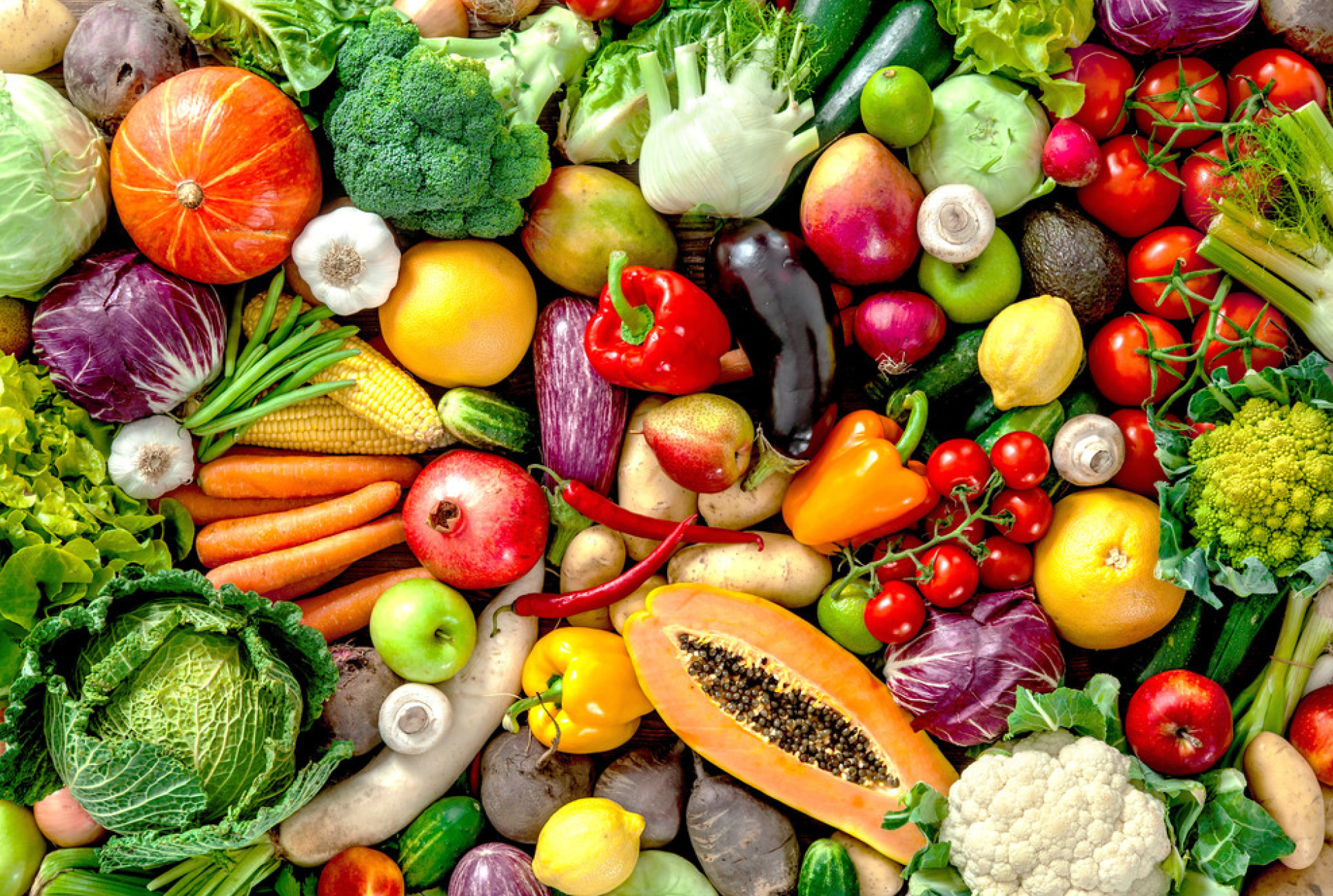
Global S&T Development Trend Analysis Platform of Resources and Environment
| Citizen scientists help accelerate COVID-19 research with their phones | |
| admin | |
| 2020-12-07 | |
| 发布年 | 2020 |
| 语种 | 英语 |
| 国家 | 英国 |
| 领域 | 资源环境 |
| 正文(英文) | 

Almost one million people around the world have helped Imperial accelerate COVID-related research by recruiting their smartphones while they sleep. By running the DreamLab app while their phone is charging overnight, citizen scientists have proffered their processing power to help in the search for drugs and ‘Hyperfoods’ that could potentially help those with COVID-19. The Corona-AI study uses artificial intelligence to search for molecules with antiviral properties in everyday plant-based foods, as well as identifying licenced drugs that could potentially be ‘repurposed’ against COVID-19. Thanks to members of the public using the DreamLab platform – developed by the Vodafone Foundation - the Imperial team has completed the first phase of the project in just six months, crunching millions of calculations and examining thousands of existing molecules. Antiviral moleculesEarly findings have identified molecules with antiviral properties in berries (particularly blackcurrants, cranberries and blueberries), apples, oranges, lemons, cabbage, broccoli, onions, garlic, parsley and beans. The research has also found that common drugs used to combat cardiovascular and metabolic disorders – such as simvastatin, atorvastatin and metformin – could be potentially ‘repurposed’ to use against COVID-19. 
The findings, which have been accepted for peer-reviewed publication, will now be further analysed by the team, who say clinical validation is needed to assess what impact these molecules might have. Dr Kirill Veselkov, from the Department of Surgery & Cancer at Imperial, said: “While there is, rightly, much focus on finding a vaccine for COVID-19, we are looking for ways to potentially help people when they have contracted the virus, reducing either the duration or the severity of the disease. “For patients who may not need hospital treatment, there is a critical need for innovative and cost-effective out-of-hospital treatment. We expect that precision nutrition strategies - designed with phytochemically rich Hyperfoods - may offer a novel solution in this regard.” The research is expected to be completed in late 2021 and results will be made available to the research community to facilitate clinical trials. According to the researchers, food-related findings could potentially be translated into dietary advice for patients recovering from COVID-19. Helen Lamprell, Trustee of the Vodafone UK Foundation and General Counsel and External Affairs Director at Vodafone UK, said: “We’re proud that DreamLab is supporting research into COVID-19 and that it provides a platform so that people across the world can get involved. As the research moves to Phase 2, there’s still more to do. We encourage everyone to download and use the DreamLab app whenever they charge their smartphone. Together, we are making a difference.” The full research, ‘Network machine learning maps phytochemically-rich ‘Hyperfoods’ to fight COVID-19' is due to be published in the journal Human Genomics. - This article is adapted from material created by the Vodafone Foundation. |
| URL | 查看原文 |
| 来源平台 | Imperial College London |
| 文献类型 | 新闻 |
| 条目标识符 | http://119.78.100.173/C666/handle/2XK7JSWQ/306646 |
| 专题 | 资源环境科学 |
| 推荐引用方式 GB/T 7714 | admin. Citizen scientists help accelerate COVID-19 research with their phones. 2020. |
| 条目包含的文件 | 条目无相关文件。 | |||||
| 个性服务 |
| 推荐该条目 |
| 保存到收藏夹 |
| 查看访问统计 |
| 导出为Endnote文件 |
| 谷歌学术 |
| 谷歌学术中相似的文章 |
| [admin]的文章 |
| 百度学术 |
| 百度学术中相似的文章 |
| [admin]的文章 |
| 必应学术 |
| 必应学术中相似的文章 |
| [admin]的文章 |
| 相关权益政策 |
| 暂无数据 |
| 收藏/分享 |
除非特别说明,本系统中所有内容都受版权保护,并保留所有权利。
修改评论